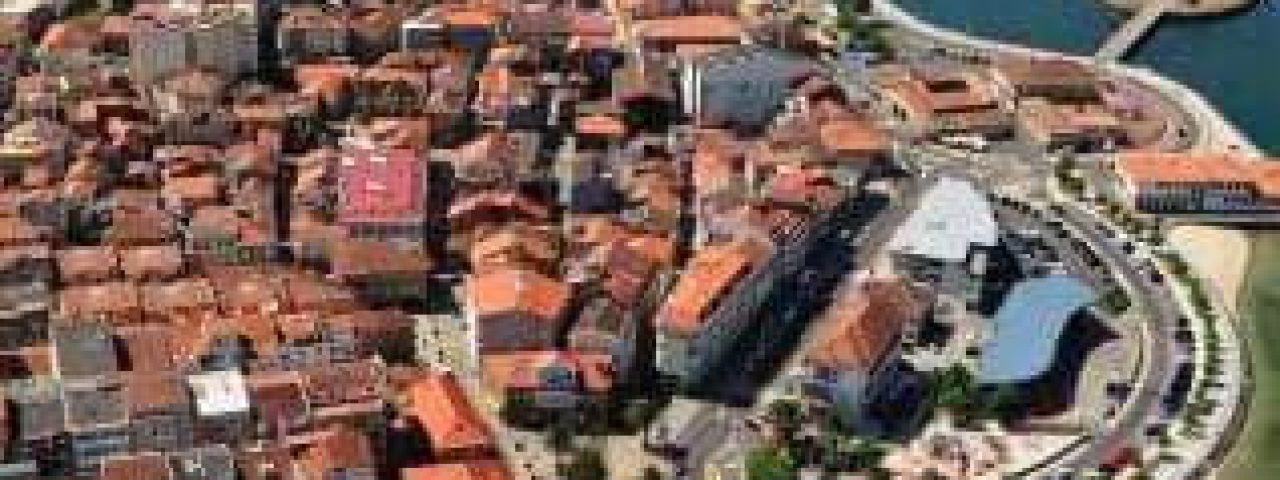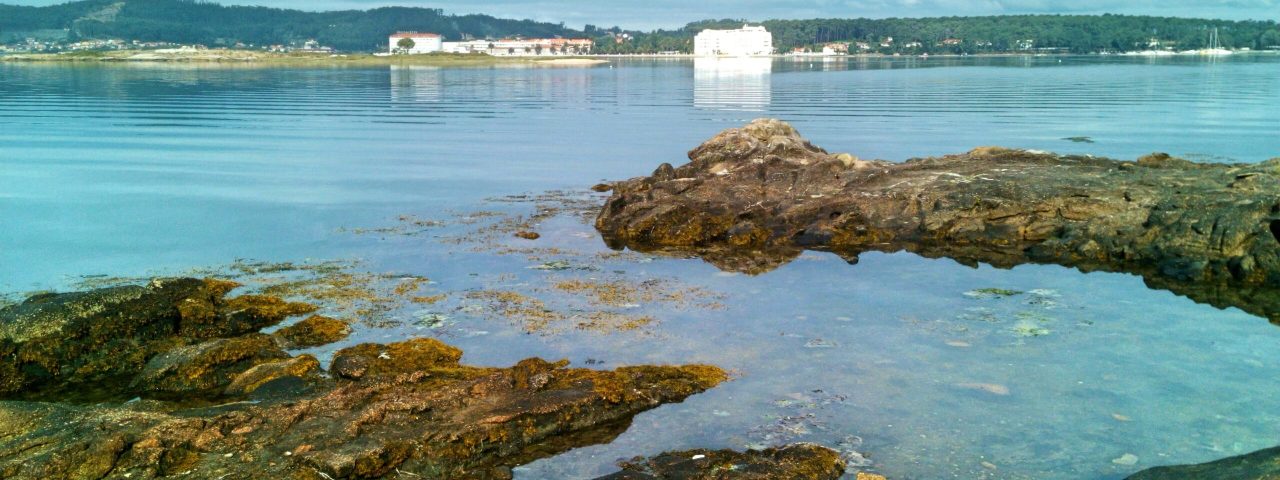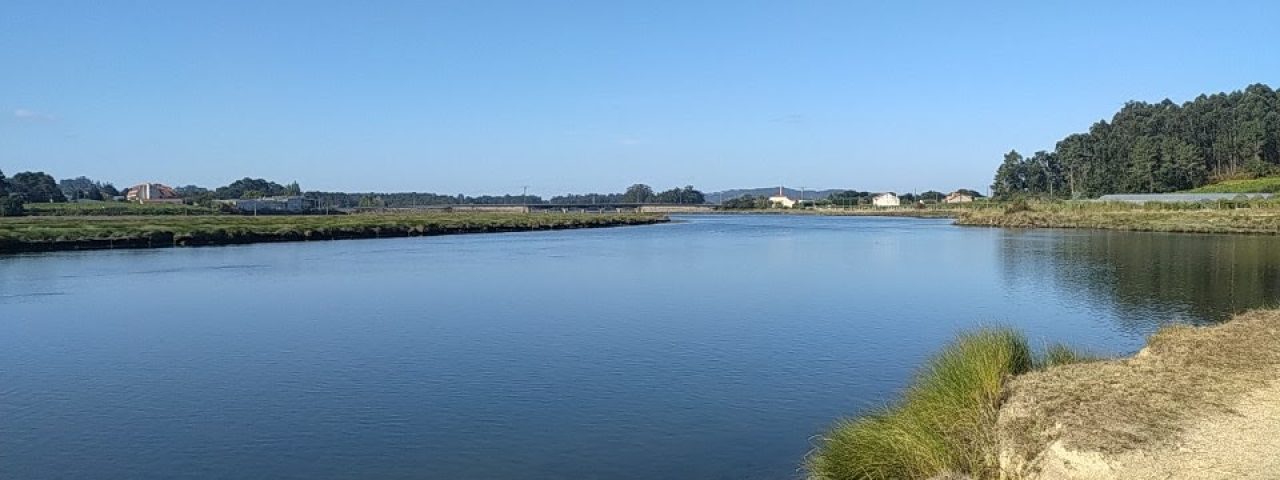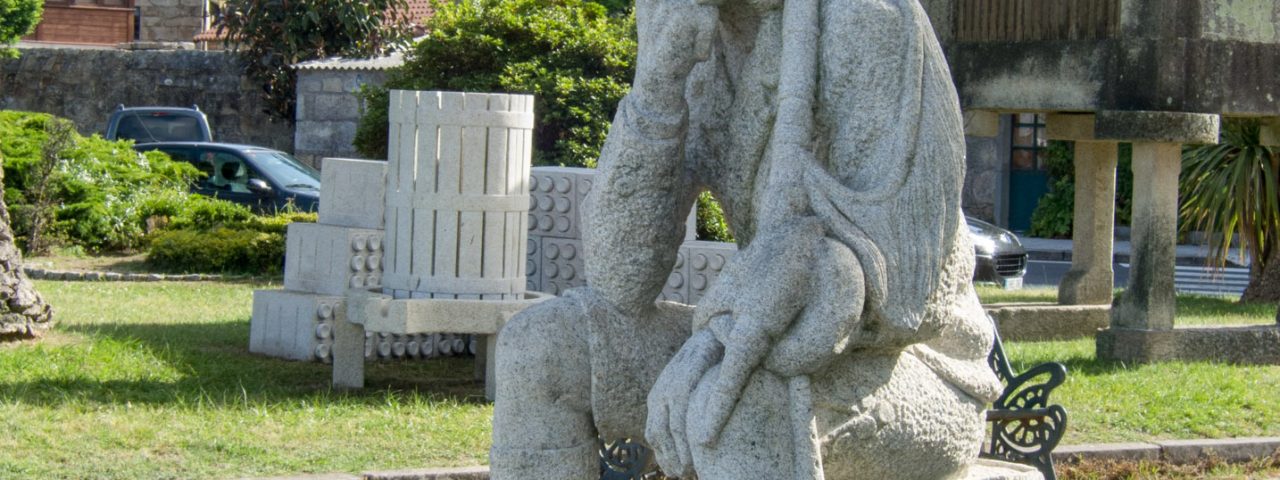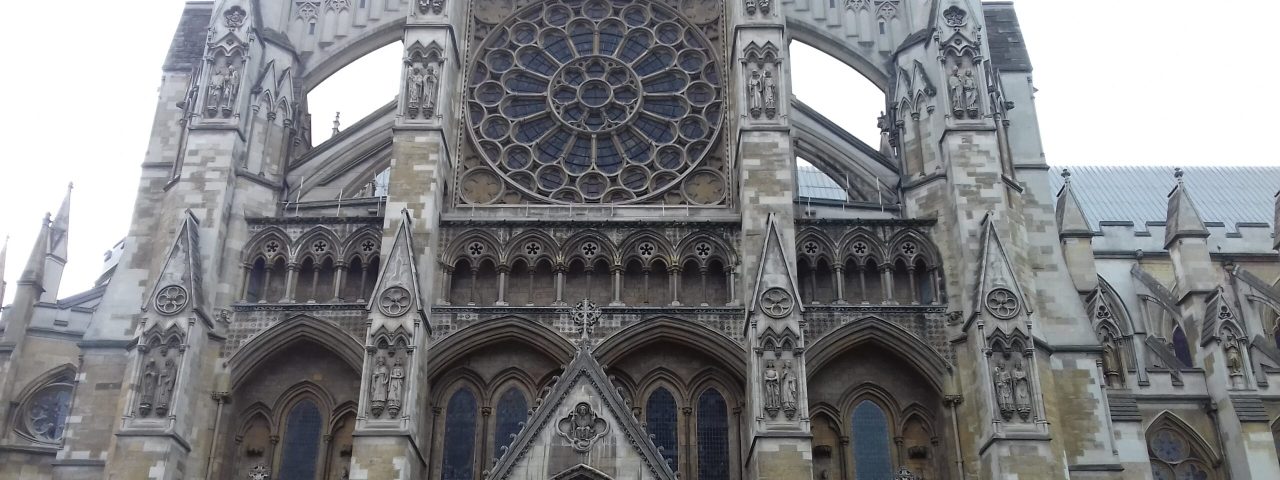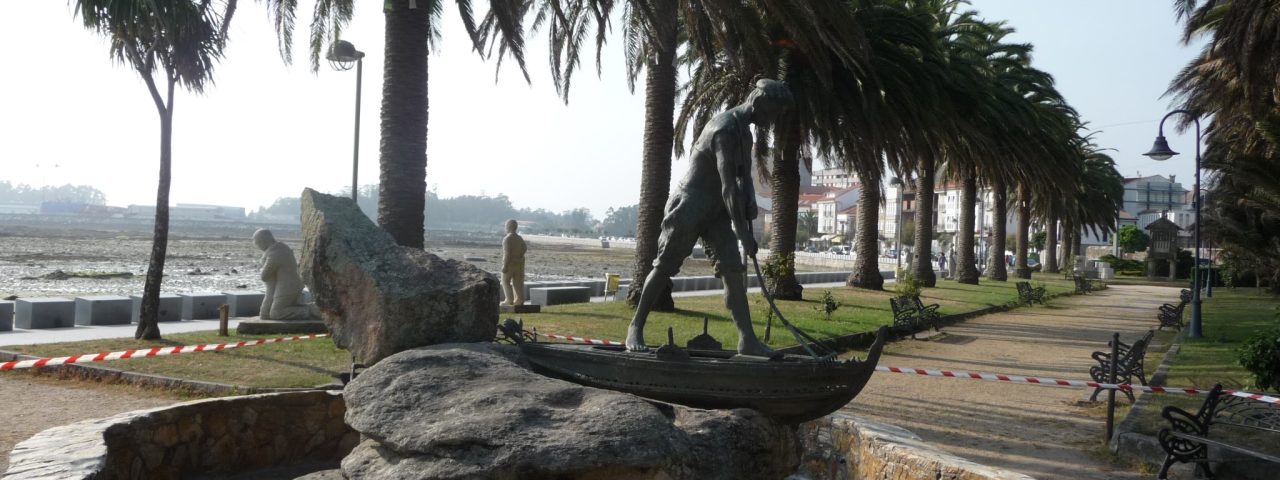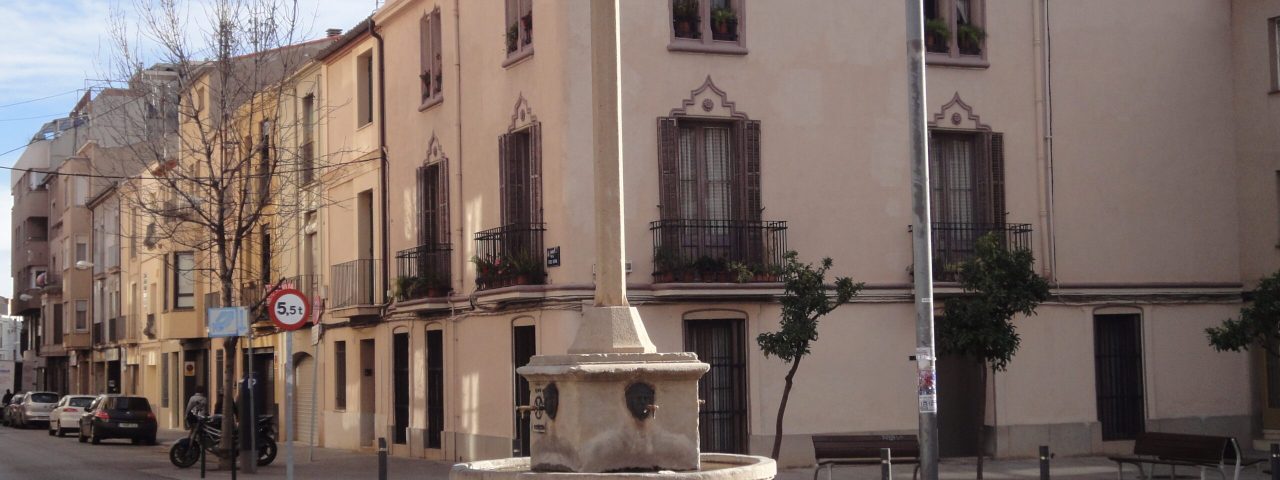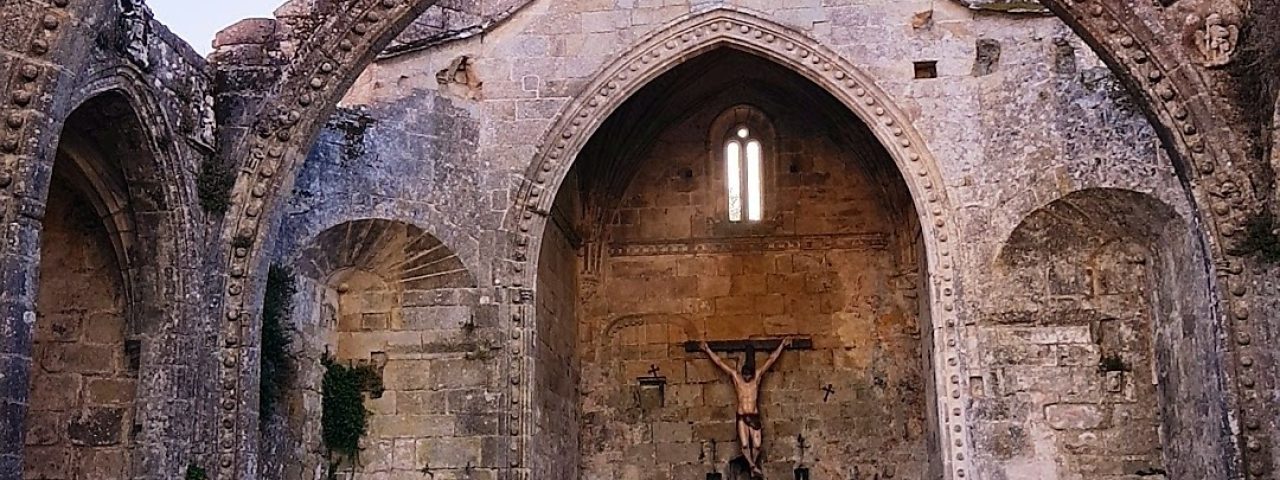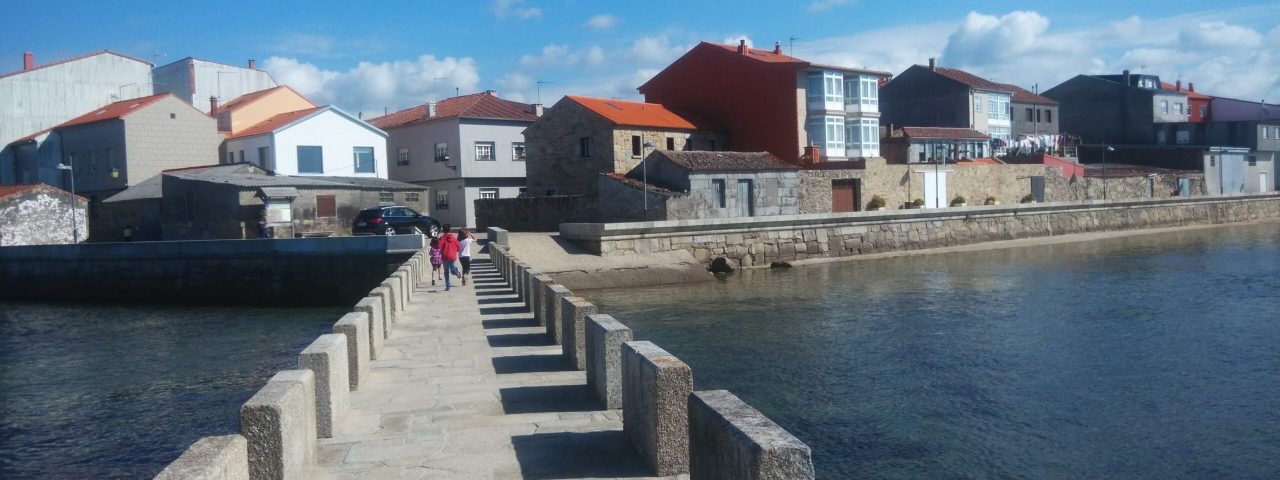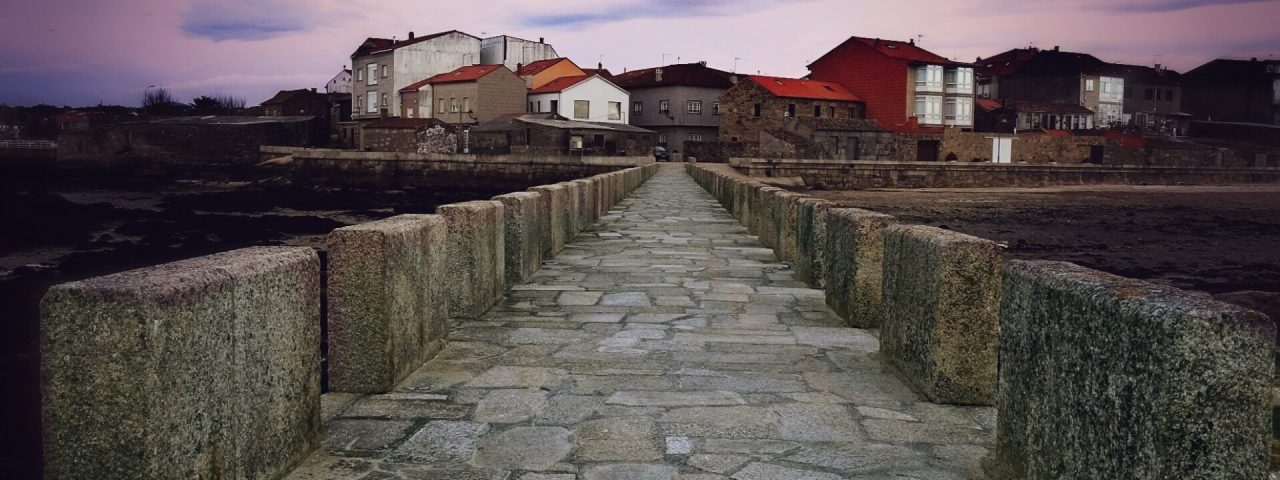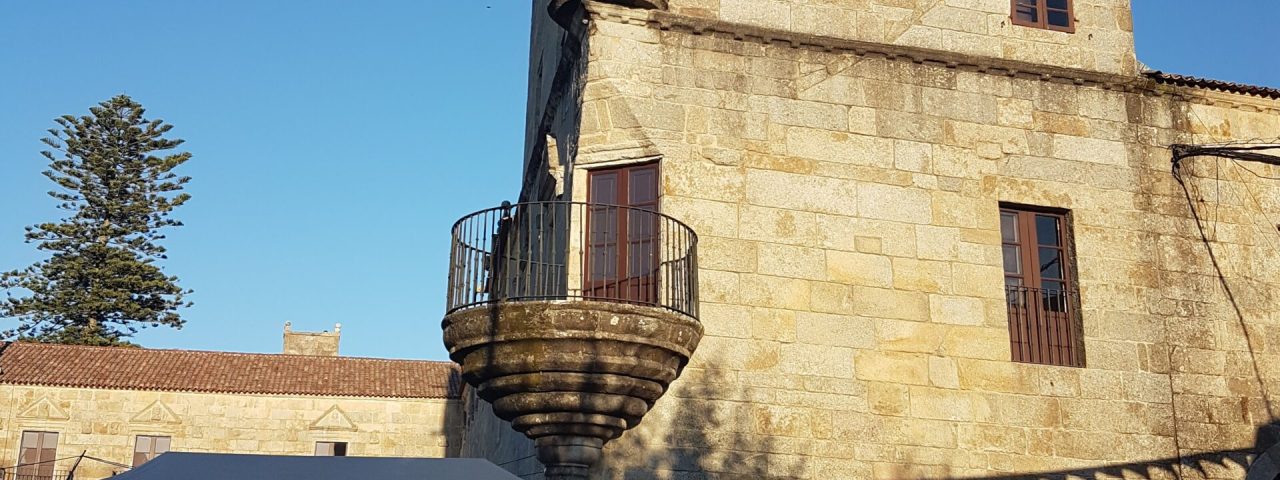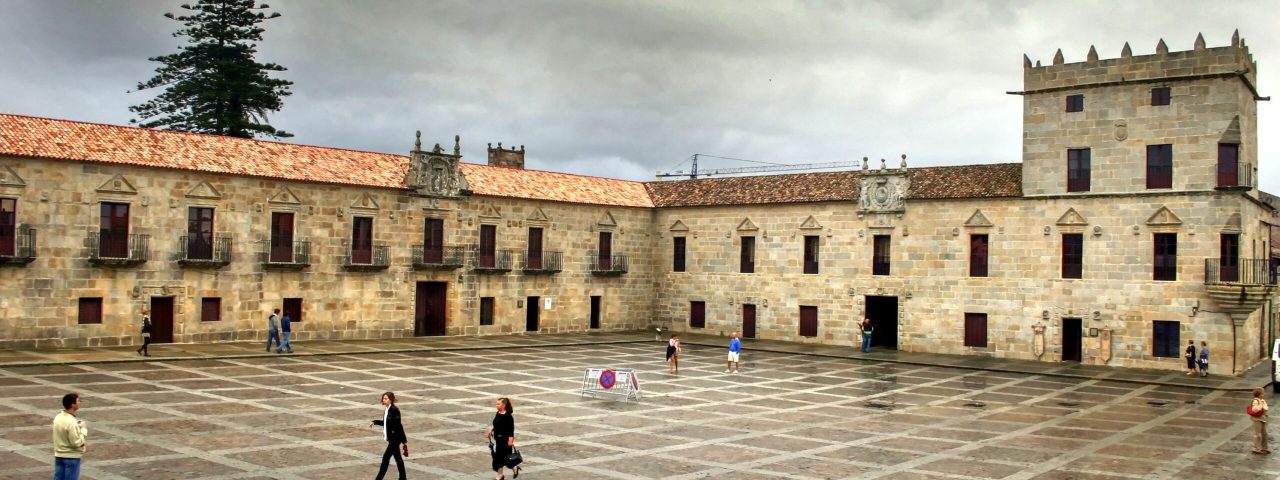Cambados boasts a rich history that stretches back to pre-Roman times, with evidence of early settlements in the region. However, it was during the Middle Ages that the town began to flourish, largely due to its strategic location along the Atlantic coast and its connections to fishing and maritime trade. Over the centuries, Cambados developed into a cultural and economic hub in Galicia, deeply influenced by Christianity, as seen in its numerous churches and religious festivals.
One of the town’s most significant cultural contributions is the Albariño Festival (Fiesta del Albariño), a week-long celebration of the local wine that attracts thousands of visitors from across the globe. Held every August, this event is filled with tastings, music, parades, and local folklore, making it one of the most important wine festivals in Spain. Cambados also celebrates traditional Galician customs, such as regional music played on bagpipes (gaita), folk dancing, and maritime-themed events that highlight its coastal heritage.
The town’s historical landmarks include the 16th-century church of Santa Mariña Dozo, which is now a romantic ruin and considered one of Galicia’s most beautiful cemeteries. Cambados’ old quarter, with its stone mansions and palaces, adds to its cultural richness, making it a town steeped in history and tradition.

